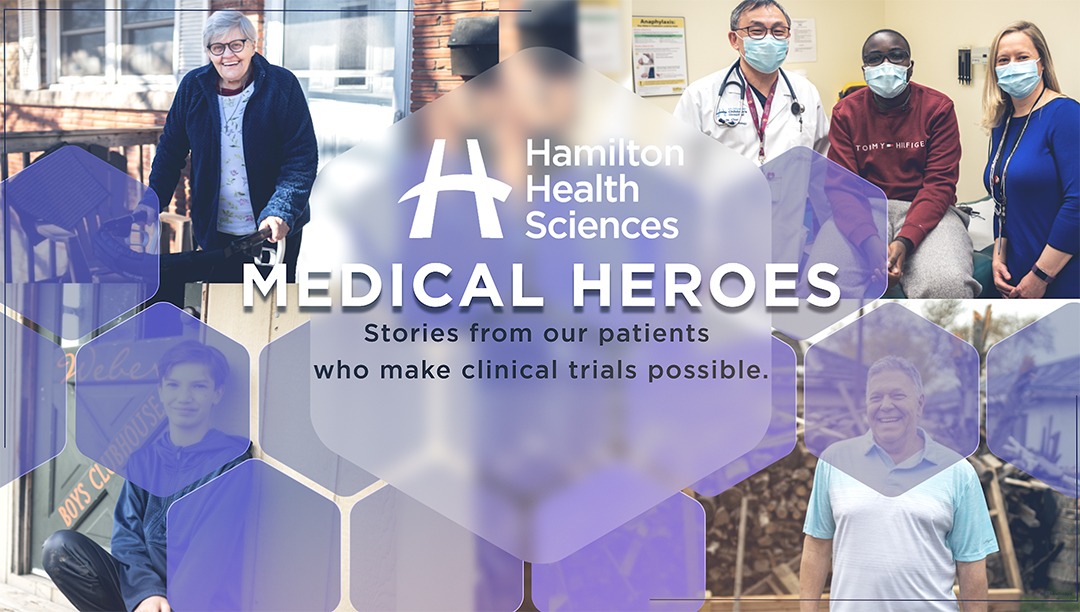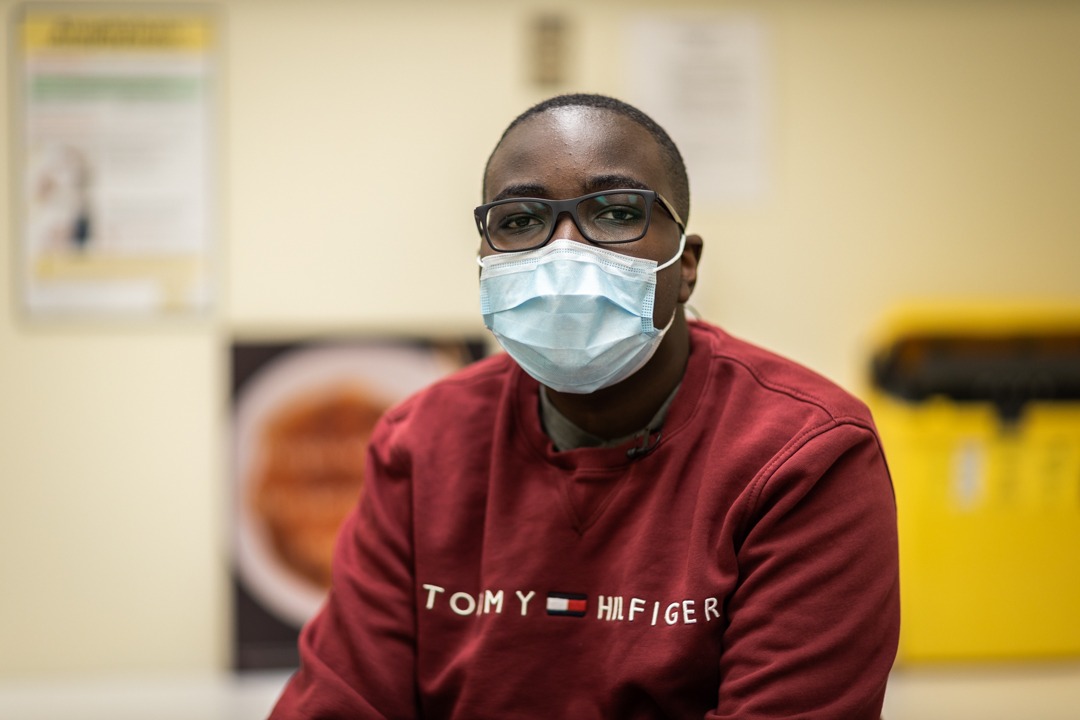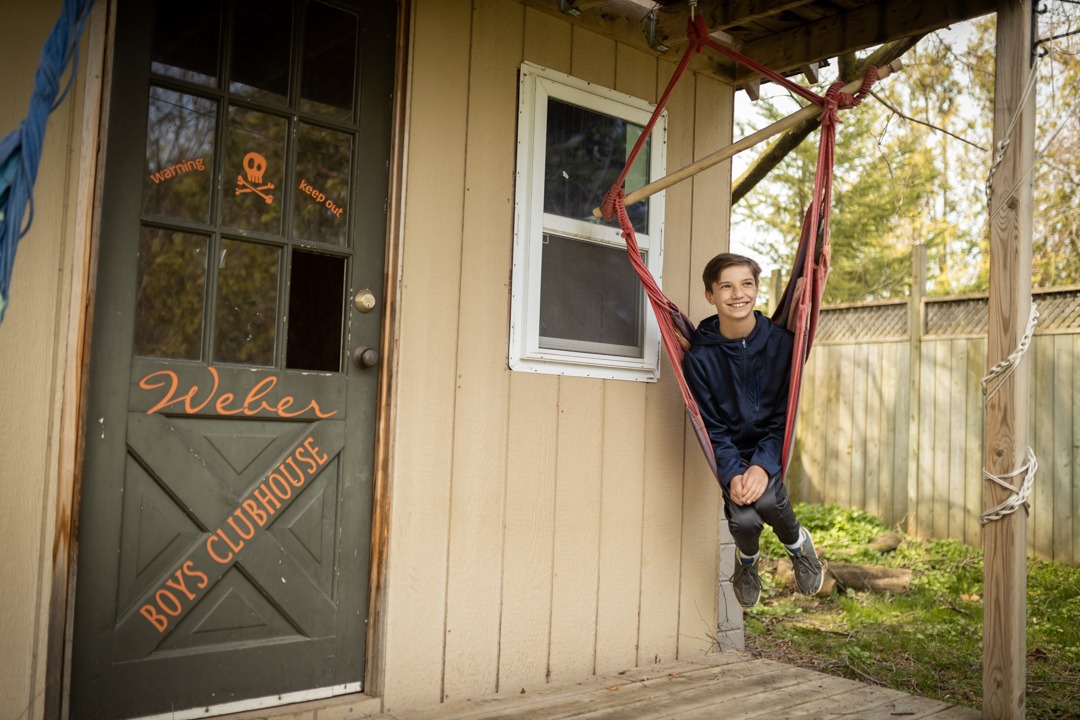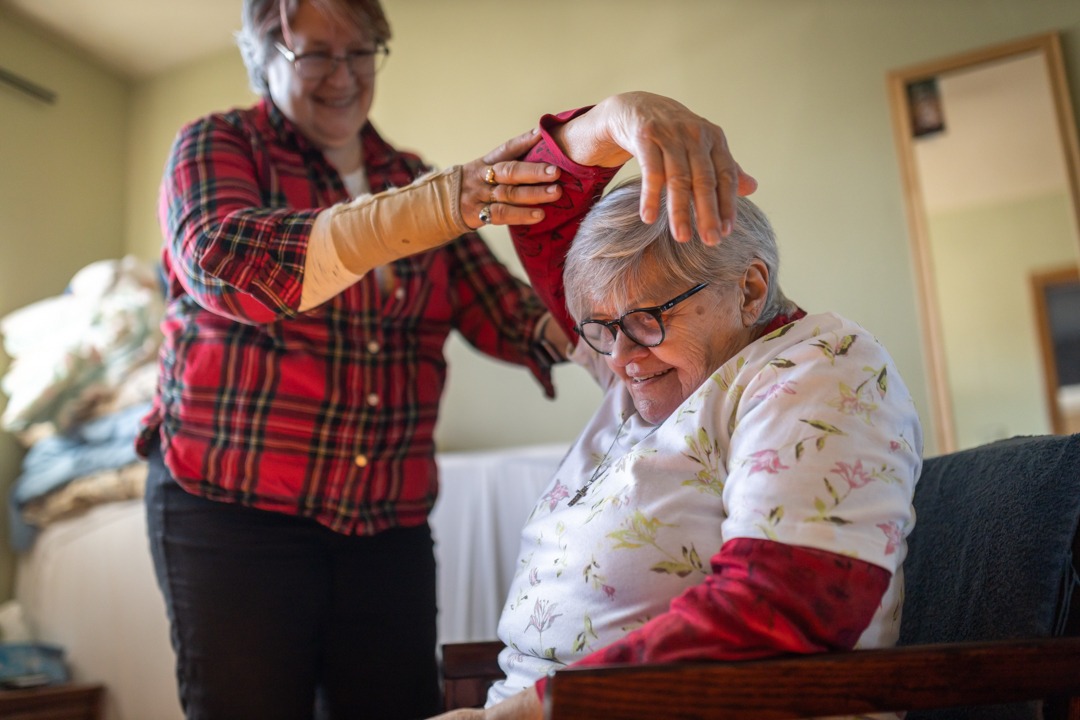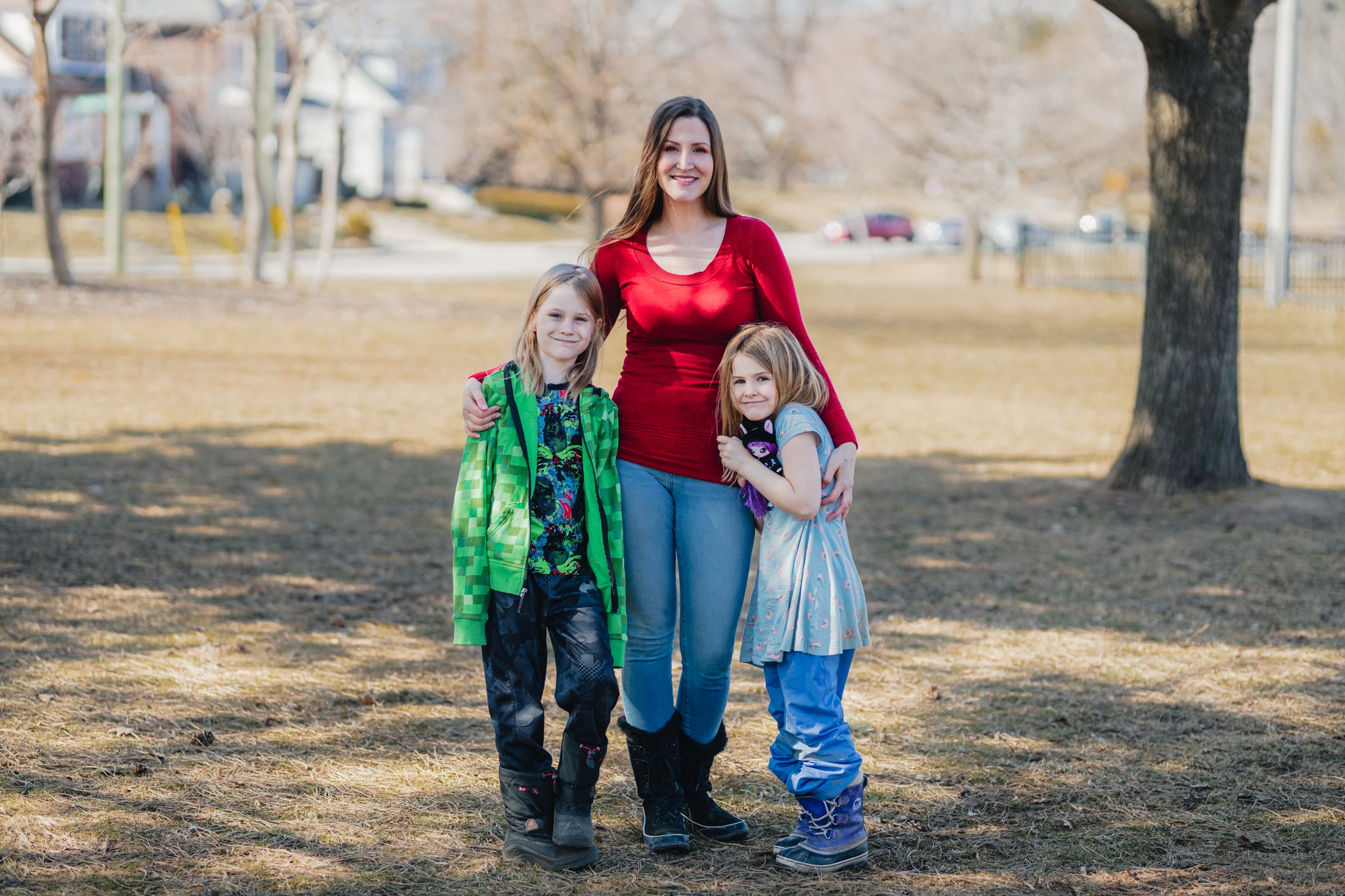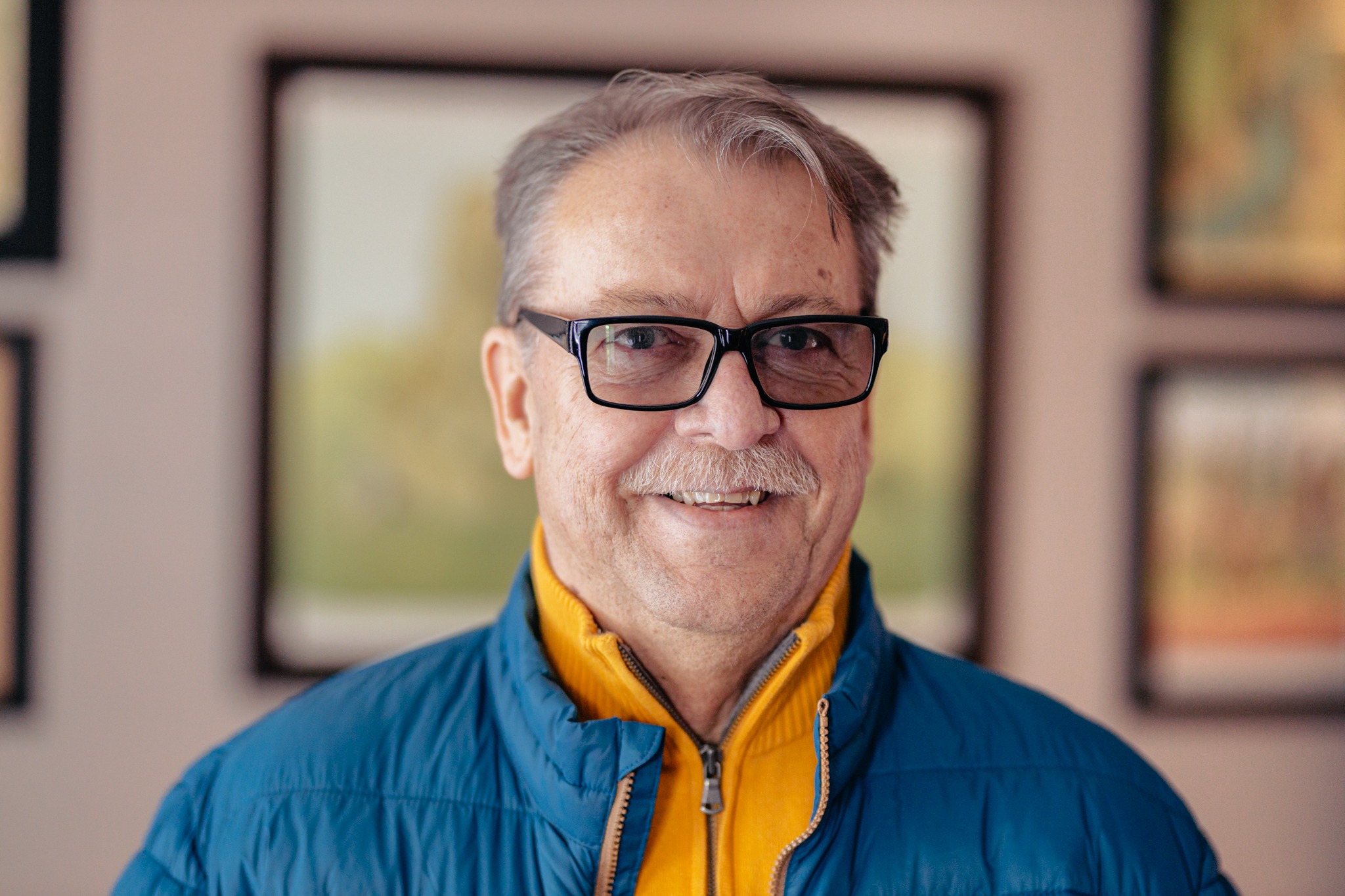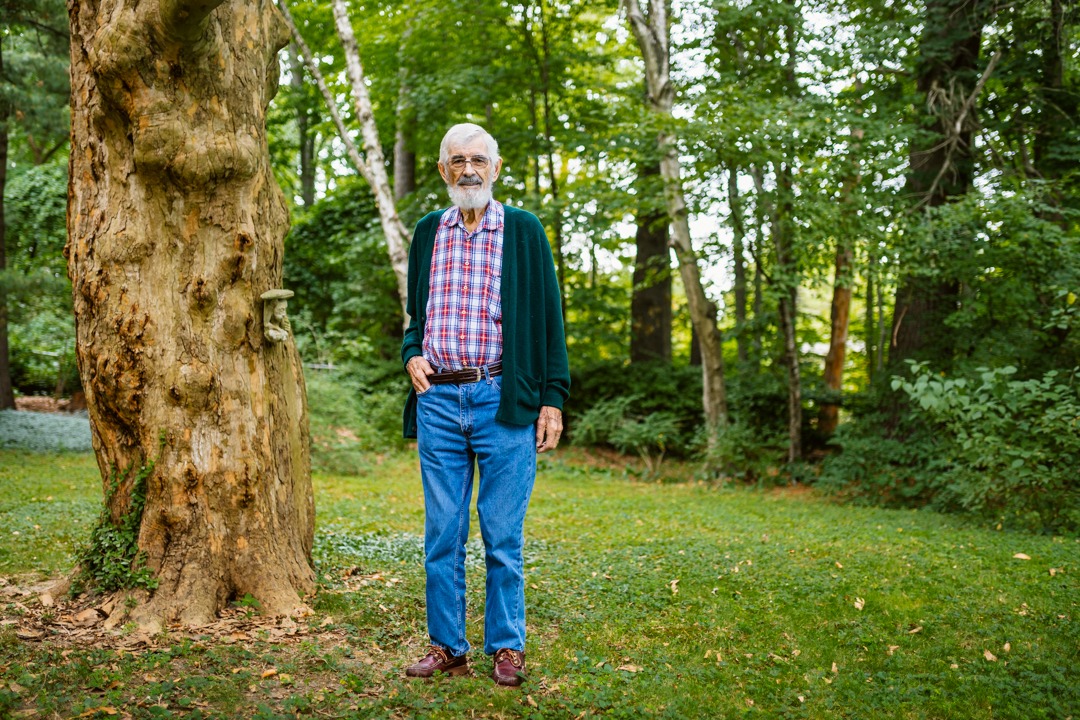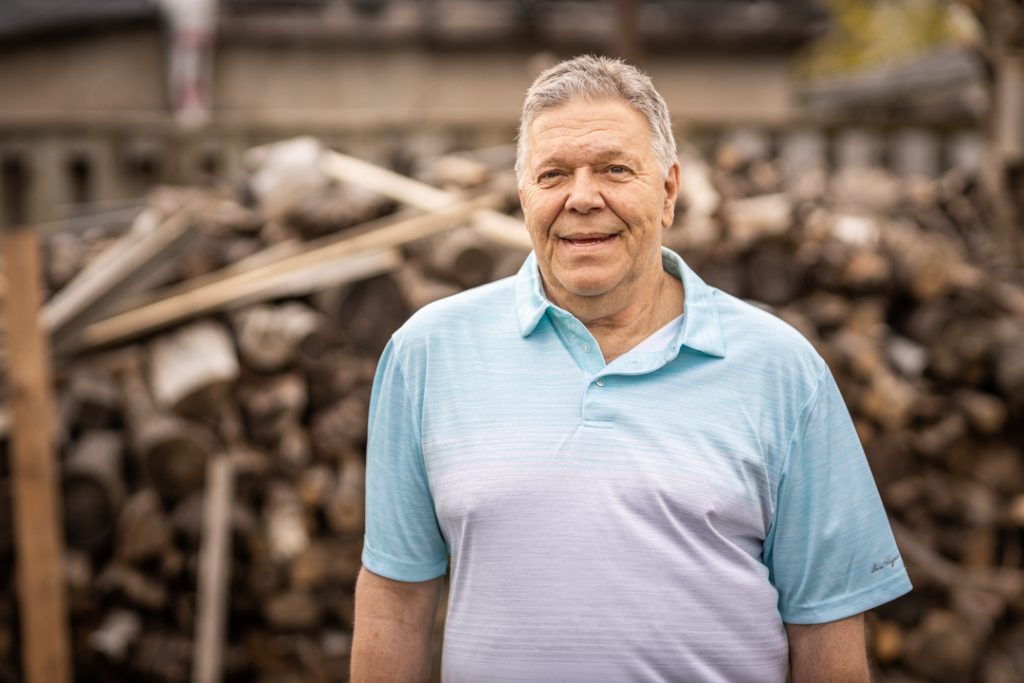
HHS Medical Hero: Pete Danch
Clinical trial at HHS is one-of-a-kind
Welland resident Pete Danch worried he was out of options after being diagnosed with stage 4 kidney cancer – an advanced cancer that spread outside his kidney to other parts of his body.
“I was prepared to try anything.”
Then his Niagara oncologist mentioned a clinical trial happening at Hamilton Health Sciences (HHS)’ Juravinski Hospital and Cancer Centre. Danch met with HHS medical oncologist Dr. Aly-Khan Lalani, who is leading the trial, and qualified to participate.
“It offered hope,” says Danch, 60. “I was prepared to try anything.”
The trial, called CYTOSHRINK, is for patients with newly diagnosed stage 4 kidney cancer. The randomized trial assigns patients into two groups – an experimental group receiving a new treatment regimen and a control group receiving the current standard of care. The outcomes of the two groups are then compared. Since the study is currently underway, Danch can’t reveal which group he’s in. Regardless, he’s happy to be taking part in a study that could benefit future patients like himself.
Investigator-led study first of its kind
“This is the first randomized, prospective trial of its kind for newly-diagnosed advanced kidney cancer,” says Lalani, who led the development of the trial with co-investigator Dr. Anand Swaminath and the Ontario Clinical Oncology Group (OCOG).

Dr. Aly-Khan Lalani
This trial is homegrown in Hamilton and now is available provincially to patients in Toronto and Ottawa. With hospital systems in Alberta and Australia also working through the processes to join, this study has the potential to become a national and international clinical trial led by HHS researchers.
“There’s a great deal to be discovered through this trial that could help patients here in Hamilton, nationally and around the world.”
Patients with newly-diagnosed stage 4 kidney cancer are currently treated with combination immunotherapy — which ramps up the immune system to fight cancer. The control group continues with this current standard of care, while the experimental group has immunotherapy along with radiation treatment targeting the main kidney cancer site. “Radiation can shrink the tumor and may potentially create an environment for immunotherapy to work even better,” says Lalani.
Scientific lessons to be learned
Lalani and his team will compare the two groups, based on patients’ symptoms, CT scans and how long they live after treatment. Beyond patient outcomes, there are also lessons to be learned scientifically by looking at blood tests and stool samples.
“As a researcher, the burning questions for me are to study if this approach helps and then also answer why,” says Lalani. “As part of this study, we have a protocol where blood and stool samples are collected to see how they are influenced by immunotherapy and radiation.”
Patients in both groups take a unique, cutting-edge blood test that looks at circulating DNA and immune signatures in their blood. In collaboration with laboratories at McMaster University, researchers will look to see how radiation and immunotherapy change these signatures in blood and compare with initial biopsy results. “Given this trial is unique, the sample collections will also create a one-of-a-kind biomarker repository,” says Lalani.
“It takes a village of collaboration to carry out these types of trials.”
Tissue from biopsy, blood and stool samples are collected and sent to McMaster labs for analysis. “We know that gut health contributes to the development of our immune system,” says Lalani. “What we’re starting to learn is that it’s also very important to how people respond to immunotherapy.” The trial will help his team understand how gut bacteria changes in the two study groups.
“There’s a great deal to be discovered through this trial that could help patients here in Hamilton, nationally and around the world,” says Lalani. “It takes a village of collaboration to carry out these types of trials and we are always grateful for the participation of patients and their families.”
HHS is recognized as one of the world’s leading health sciences research organizations. The HHS Medical Heroes series celebrates the contributions of clinical trial volunteers like Pete in the advancement of medical knowledge gained through studies that help with detecting, diagnosing, treating and preventing diseases. Medical Heroes stories are running throughout May, in recognition of Clinical Trials Day on May 20.

